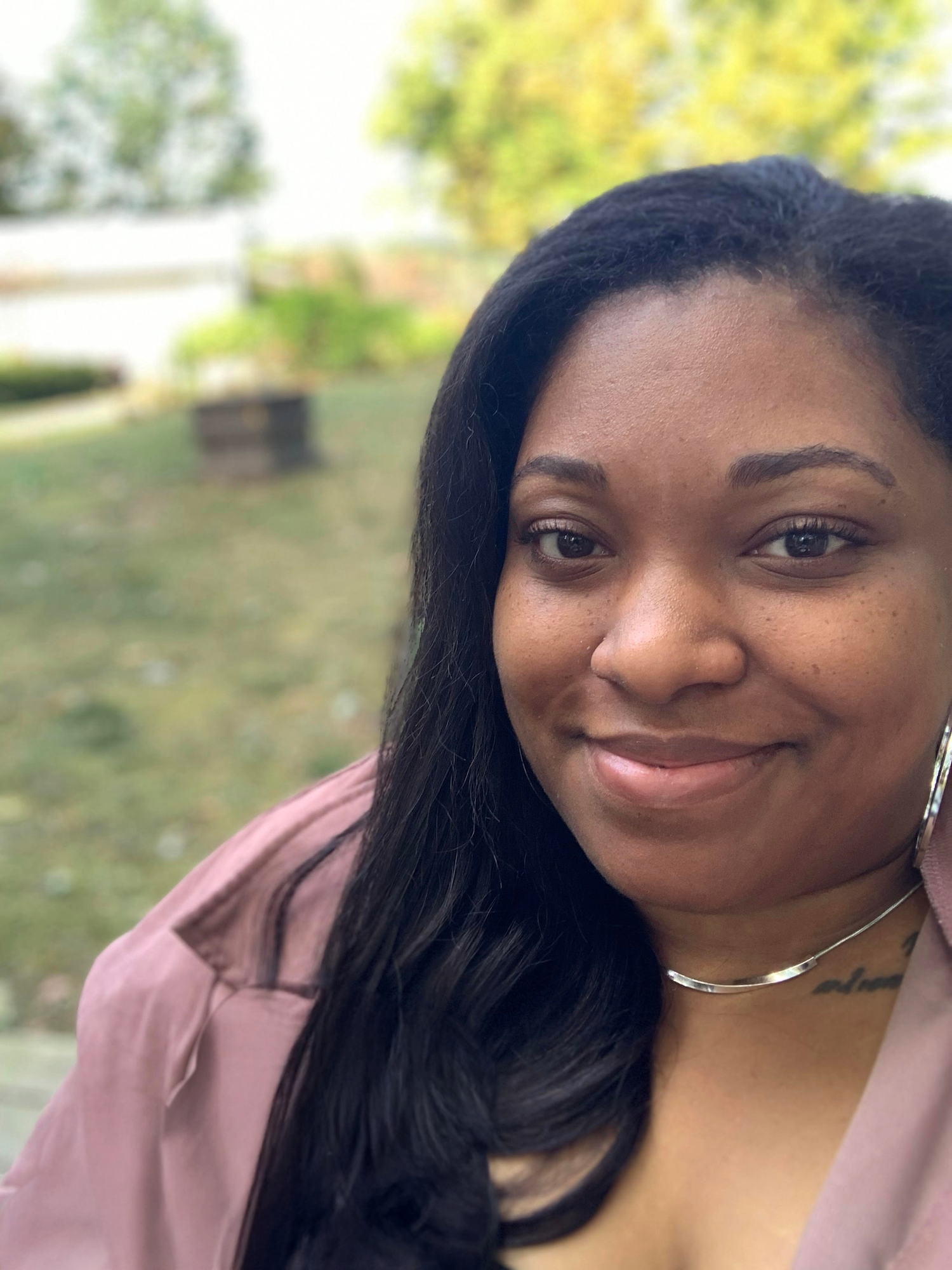Here is my bias: I believe that therapy is unavoidably complex. How could it be otherwise, encountering as it does all manner of human experience? Wrestling as we do, both client and therapist, with suffering and meaning? It stands counter to reason and intuition alike that formulaic clinical practices would result in solid treatment outcomes. So how is it that well-funded studies and respected scholarly journals so often make this claim?
Jonathan Shedler, a San Francisco-based psychologist, has got quite a bit to say about that. Reading his recent interview in Psychotherapy Networker, I was struck by his gloomy prognosis for the future of psychodynamic therapy as “evidence-based,” manualized treatments become ever more the way of the world. Shedler’s vehement critique of the research methods that got us here prompted me down the well-worn rabbit hole to YouTube and to his 2014 keynote, “Where Is the Evidence for ‘Evidence-Based’ Therapy?” He addresses this same question in an updated article and a series of blog posts that provide an overview of the problems with exclusion criteria, control groups, and publication bias in evidence-based research.
Shedler’s work takes particular aim at the popular, protocol-driven versions of CBT that are often sold as the gold standard for treatment. He is an ardent defender of psychodynamic therapy, which has long provided important ways of understanding our inner and interpersonal lives and which has been much maligned in modern academic research. In fact, the research frequently concludes that manualized therapies are the way to go – better a 16-week set itinerary than a long, meandering exploration into the uncharted self. As a researcher himself, Shedler is well qualified to assess the science behind these claims, and for the rest of us, he leads an angry, uncomfortable, eye-opening, and indispensable tour of the shaky ground on which they stand.









